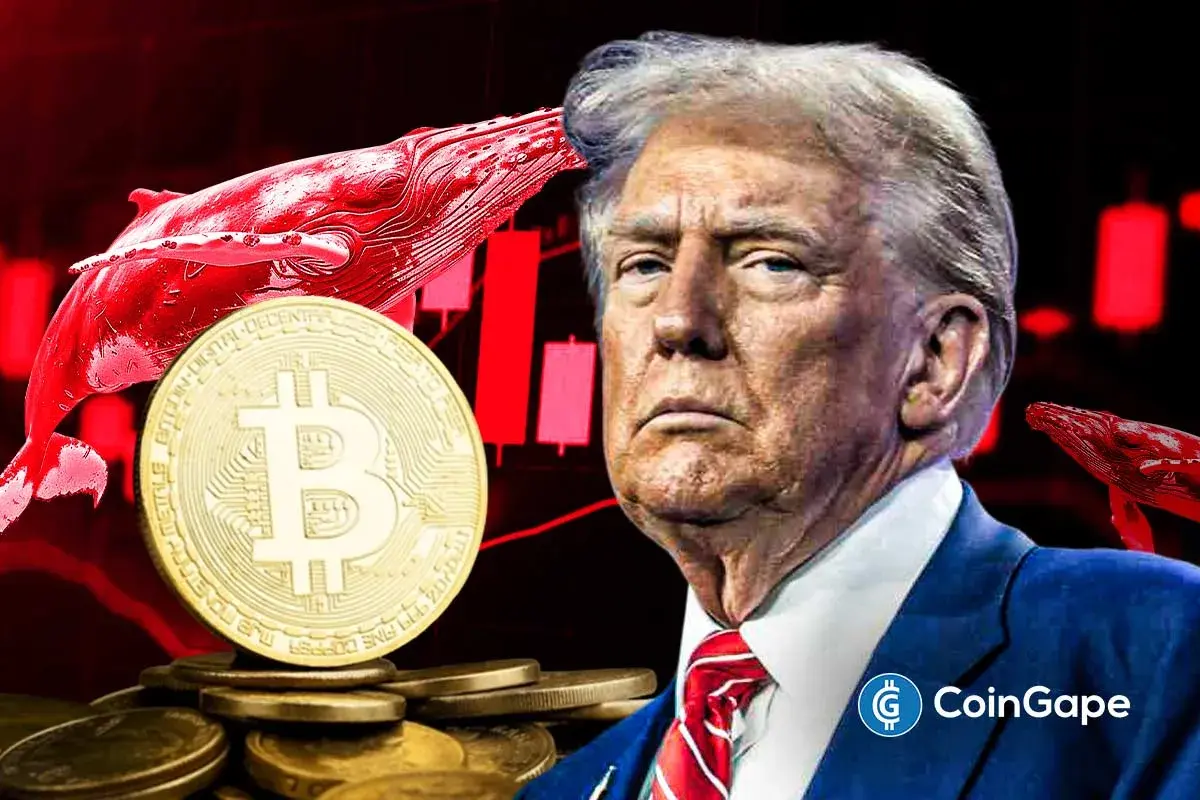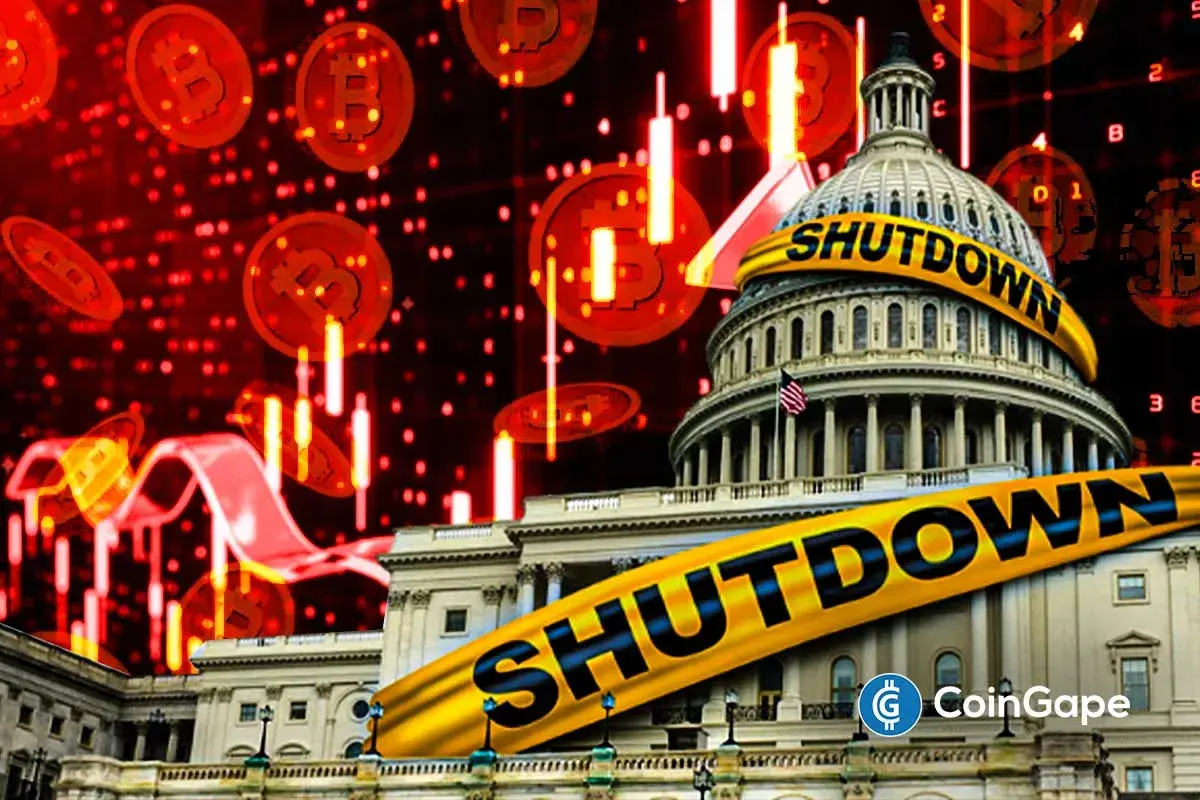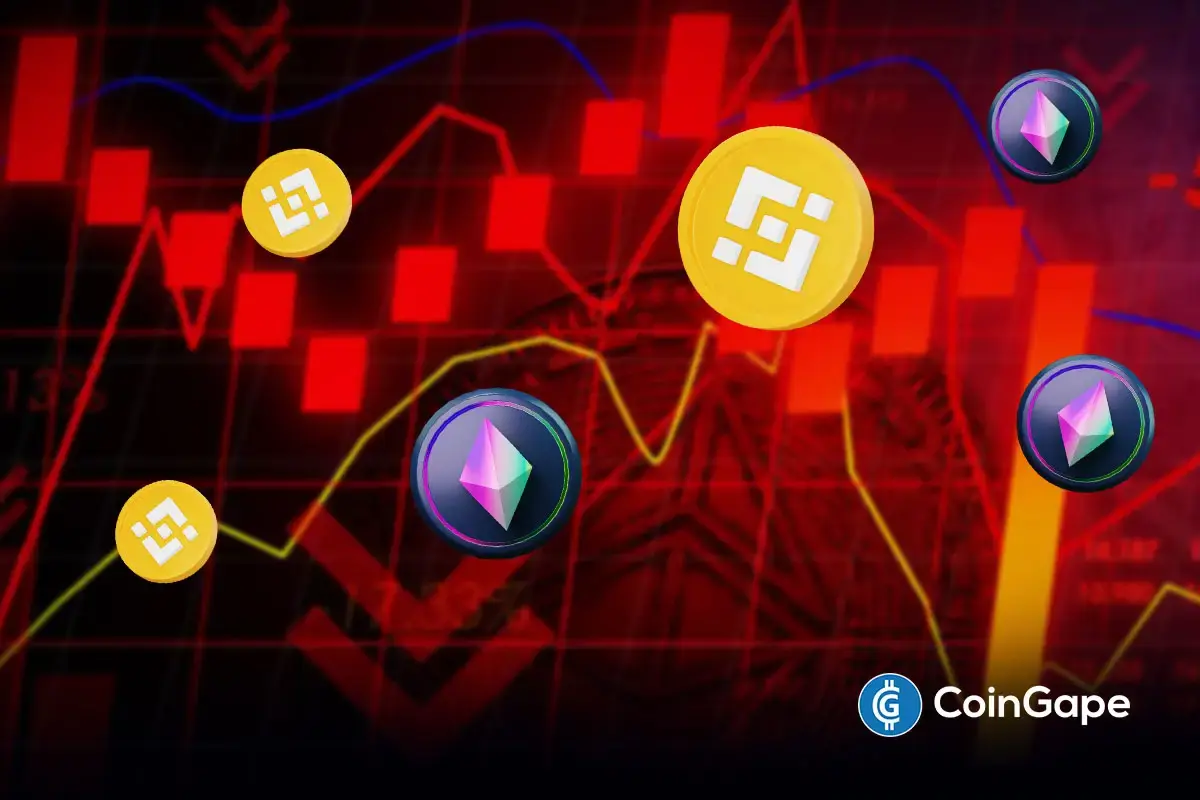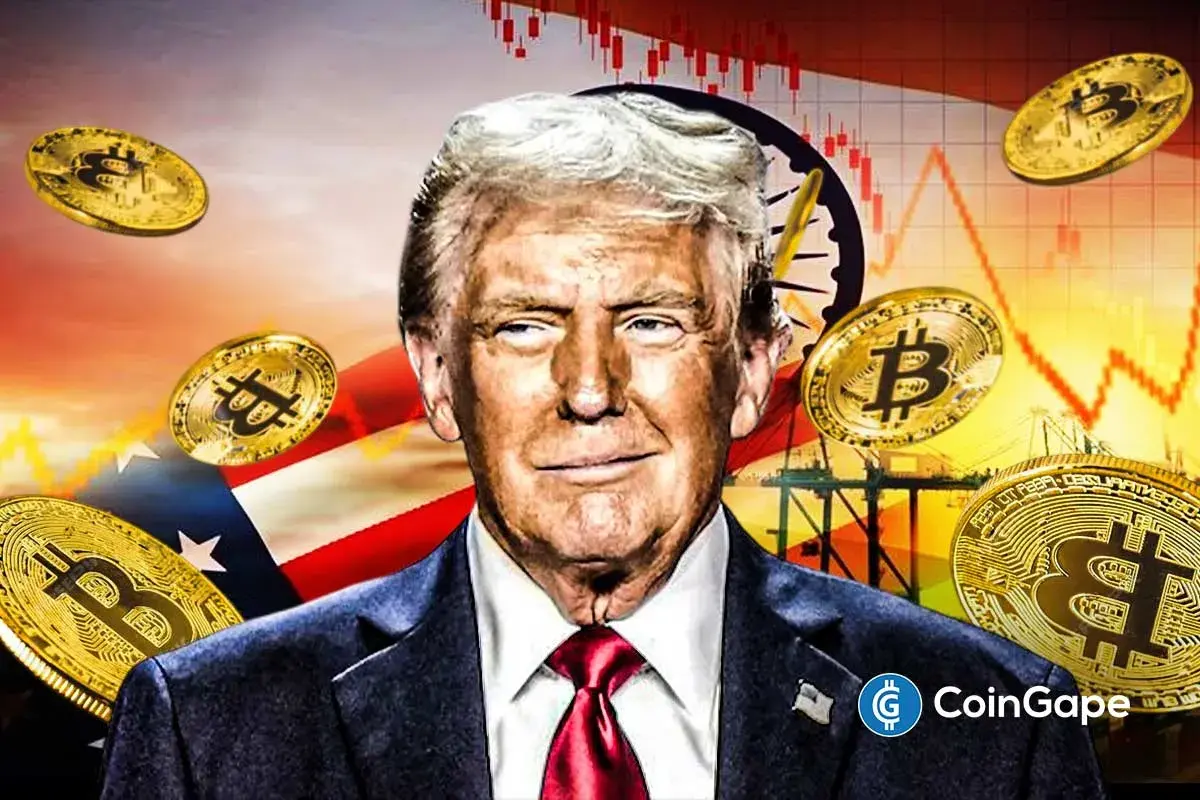The End Of Venezuela’s Petro? Crypto Crackdown Tightens Amid Epic Scandal

The Government of Venezuela has decided to bring the curtain down on its Petro (PTR) cryptocurrency. The venture was initiated six years ago by President Nicolas Maduro to tackle the U.S. sanctions. However, the crypto is set to be banished from Venezuela on Monday, January 15.
Venezuela Encourages Conversion Of Petro To Bolivar
The decision to discontinue Petero follows the venture’s failure to gain traction and its entanglement in an epic scandal. All crypto wallets hosted on the Patria Platform, the sole trading platform for the Petro, are scheduled to be deactivated on Monday. The announcement on the platform’s site suggests that all Petro holdings would be converted into Bolivars, Venezuela’s local currency.
Additionally, CryptoLand Venezuela, a private crypto trading platform, confirmed the end of Petro on social media last week. It wrote, “The petro (PTR) is officially dead.” The recent development follows a corruption scandal that unfolded last year.
It exposed irregularities in managing funds from oil operations involving crypto assets. The fallout resulted in the resignation of the Petroleum Minister Tareck El Aissami. Moreover, numerous officials were apprehended, including top management at the Sunacrip crypto regulator.
The repercussions extended beyond Petro, prompting a crackdown on Bitcoin (BTC) mining operations in Venezuela. It sent shockwaves through the country as Bitcoin has served as a popular hedge against hyperinflation and the devaluation of the Bolivar.
Also Read: India: RBI Deputy Governor’s Reappointment Could Maintain Crypto Policy Status Quo
Why did the Venezuelan Government put an end to PTR?
Launched in February 2018 at $60 per unit, the Petro was heralded as a financial solution backed by Venezuela’s vast petroleum reserves. Moreover, President Maduro’s vision aimed at utilizing Petro to ease the economic strain imposed by the U.S. sanctions. In addition, he vowed it to be a medium for a new approach to international financing.
However, despite the ambitious project layout, citizens faced challenges in understanding and utilizing the cryptocurrency. Hence, some risk rating bodies branded it as a ‘scam.’ Furthermore, efforts to boost its utility in 2020 fell short. Mandating Petro for fuel payments by airlines departing from Caracas and for state services like obtaining a new passport proved insufficient.
In addition, Petro’s primary application remained restricted to specific state operations, including tax payments. Whilst, traffic fines could be issued in Petro without a feasible means to settle them in cryptocurrency.
Thereafter, Petro’s downfall was further signaled by the government’s directive for banks to present their balances in both Bolivars and Petros. On the Patria Platform, mainly used for government subsidies, users were allowed to only exchange Petro for Bolivar via an auction system.
Also Read: South Korea Restricts Overseas Spot Bitcoin ETF Trading Amid Regulatory Woes
- Will Bitcoin Crash Again as ‘Trump Insider’ Whale Dumps 6,599 BTC
- XRP News: Ripple’s RLUSD Gets Boost as CFTC Expands Approved Tokenized Collateral
- Crypto Markets Brace as Another Partial U.S. Government Shutdown Looms Next Week
- $40B Bitcoin Airdrop Error: Bithumb to Reimburse Customer Losses After BTC Crash To $55k
- ETH Price Fears Major Crash As Trend Research Deposits $1.8B Ethereum to Binance
- Cardano Price Prediction as Midnight Token Soars 15%
- Bitcoin and XRP Price Outlook Ahead of Crypto Market Bill Nearing Key Phase on Feb 10th
- Bitcoin Price Prediction as Funding Rate Tumbles Ahead of $2.1B Options Expiry
- Ethereum Price Outlook as Vitalik Buterin Sells $14 Million Worth of ETH: What’s Next for Ether?
- Solana Price at Risk of Crashing Below $50 as Crypto Fear and Greed Index Plunges to 5
- Pi Network Price Prediction Ahead of PI KYC Validator Reward System Launch
















